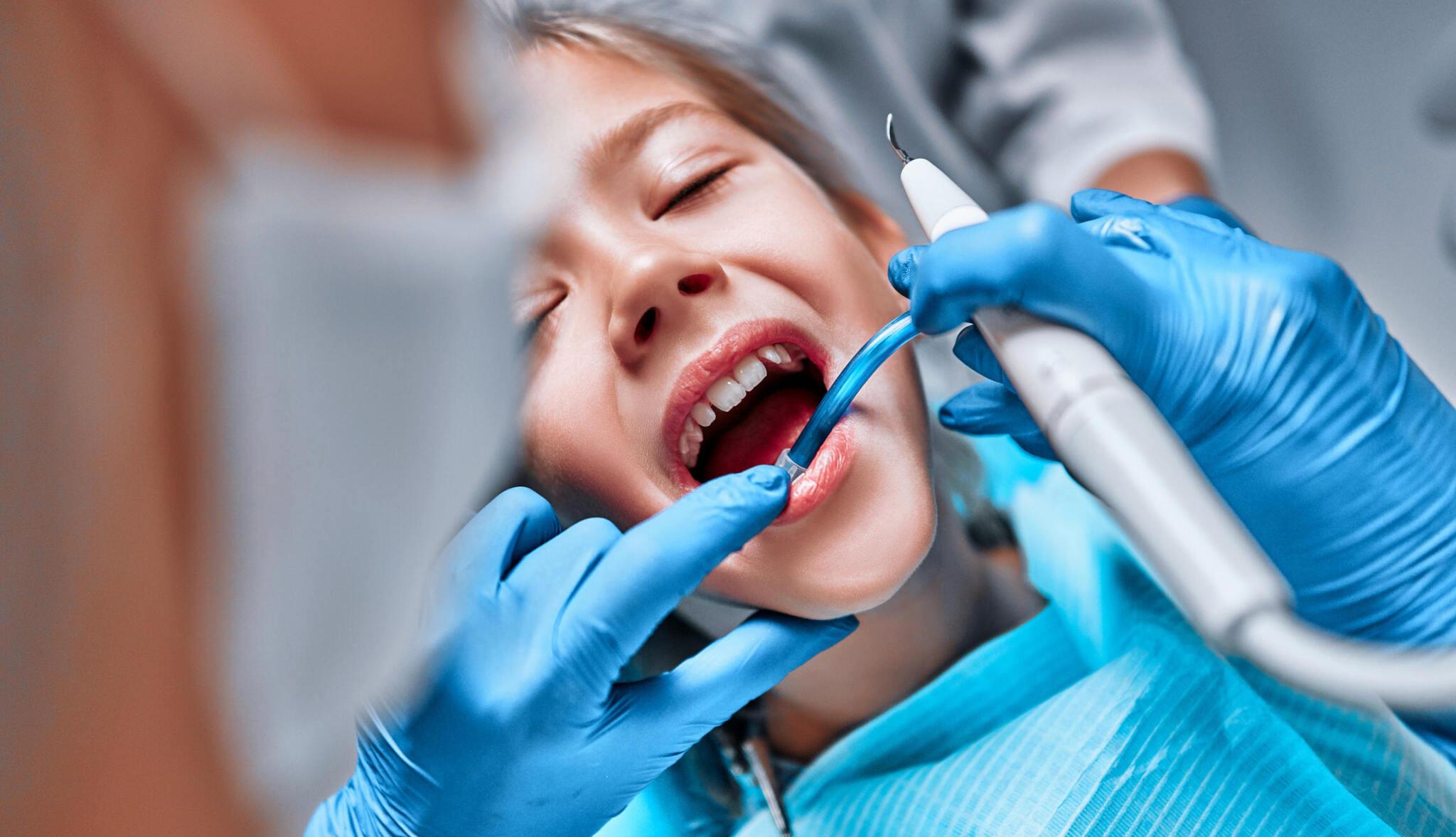Pediatric dentistry plays a crucial role in ensuring the oral health and well-being of children. One common question that parents often ponder is, “When should my child visit the dentist for the first time?” Establishing good oral hygiene habits early on is essential for preventing dental issues later in life. This article will guide parents through the recommended timeline for their child’s initial dental visit.
The American Academy of Pediatric Dentistry (AAPD) recommends:
The American Academy of Pediatric Dentistry suggests that children should have their first dental visit by the age of one or within six months after their first tooth erupts. This early introduction to the dentist aims to prevent dental problems and establish a positive attitude toward oral care from an early age.
Why the First Visit is Crucial:
The first dental visit is not only about examining your child’s teeth but also about providing parents with valuable information on oral care, nutrition, and preventive measures. Pediatric dentists in Phoenix AZ use this opportunity to educate parents on proper brushing and flossing techniques, as well as the importance of a balanced diet for healthy teeth.
Building a Trusting Relationship:
Early dental visits help children become familiar with the dental environment and build a trusting relationship with the dentist. Pediatric dentists are trained to create a child-friendly atmosphere, reducing anxiety and fear commonly associated with dental appointments. By making the experience positive, children are more likely to embrace dental visits as a regular part of their healthcare routine.
Monitoring Developmental Milestones:
Regular dental check-ups allow pediatric dentists to monitor the development of your child’s teeth and jaw. They can identify any potential issues early on, such as misalignment or abnormal growth patterns, and recommend appropriate interventions. Early detection and intervention can prevent more significant problems in the future, reducing the need for extensive dental work.
Preventing Early Childhood Cavities:
Early childhood cavities, also known as baby bottle tooth decay, can be a concern for young children. Pediatric dentists can provide guidance on preventing this condition, including proper bottle-feeding techniques, the use of pacifiers, and appropriate oral care routines. These preventive measures contribute to the long-term oral health of your child.
Transitioning to Regular Check-ups:
After the initial visit, pediatric dentists generally recommend regular check-ups every six months, similar to adults. These routine visits help maintain good oral health, address any emerging issues promptly, and continue the education process for both parents and children.
Conclusion:
In conclusion, the first dental visit for your child is a crucial step in promoting a lifetime of healthy smiles. By adhering to the recommendations of the American Academy of Pediatric Dentistry and introducing your child to the dentist by the age of one, you set the foundation for good oral hygiene habits and preventive care. Early visits not only monitor dental development but also establish a positive relationship with oral health professionals. Embracing these early dental experiences can lead to a lifetime of positive attitudes toward oral care and overall well-being for your child.


